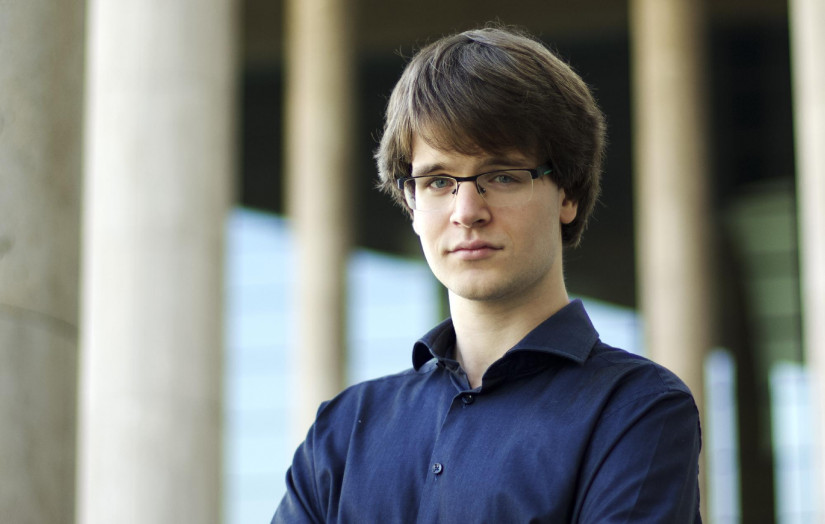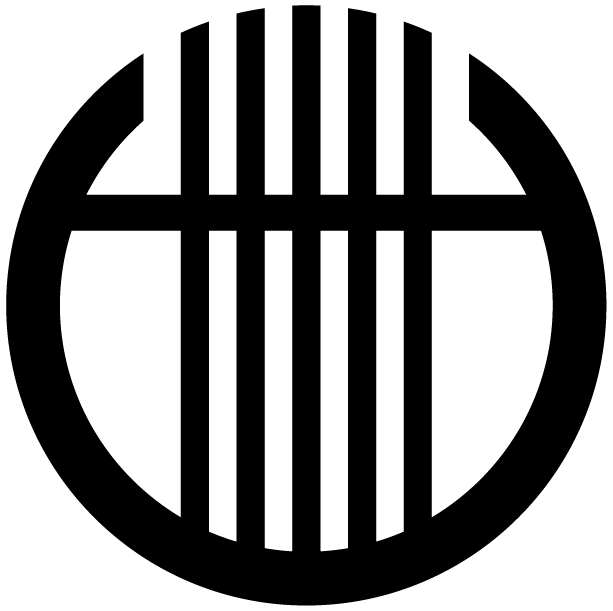
24 September 2019, 19.30-22.00
Grand Hall
Hungarian Radio Symphony Orchestra  Presented by Liszt Academy
Presented by Liszt Academy
Beethoven: The Creatures of Prometheus, Op. 43 – Overture
Beethoven: Piano Concerto No. 1 in C major, Op. 15
Beethoven: Egmont – Overture, Op. 84
Beethoven: Piano Concerto No. 2 in B-flat major, Op. 19
Fülöp Ránki (piano)
Hungarian Radio Symphony Orchestra
Conductor: Tamás Vásáry
Piano concertos and overtures are centre stage in the third, concluding Beethoven series by Tamás Vásáry. This concert features two pioneering concertos (with solo by Fülöp Ránki) written in his youth. And that the transitional nature is barely noticeable in these works is partly due to the fact that, contrary to general belief, Beethoven did not attempt to overstep his predecessors, and he did not want to question, but instead integrate their achievements. But can the tradition be dissolved in such a characteristic and subjective musical language as Beethoven’s, or is the personality itself dissolved in the tradition? His later works provide the answer to this question.
Presented by
Hungarian Radio Art Groups
Tickets:
HUF 3 000, 4 500, 6 000, 7 000


